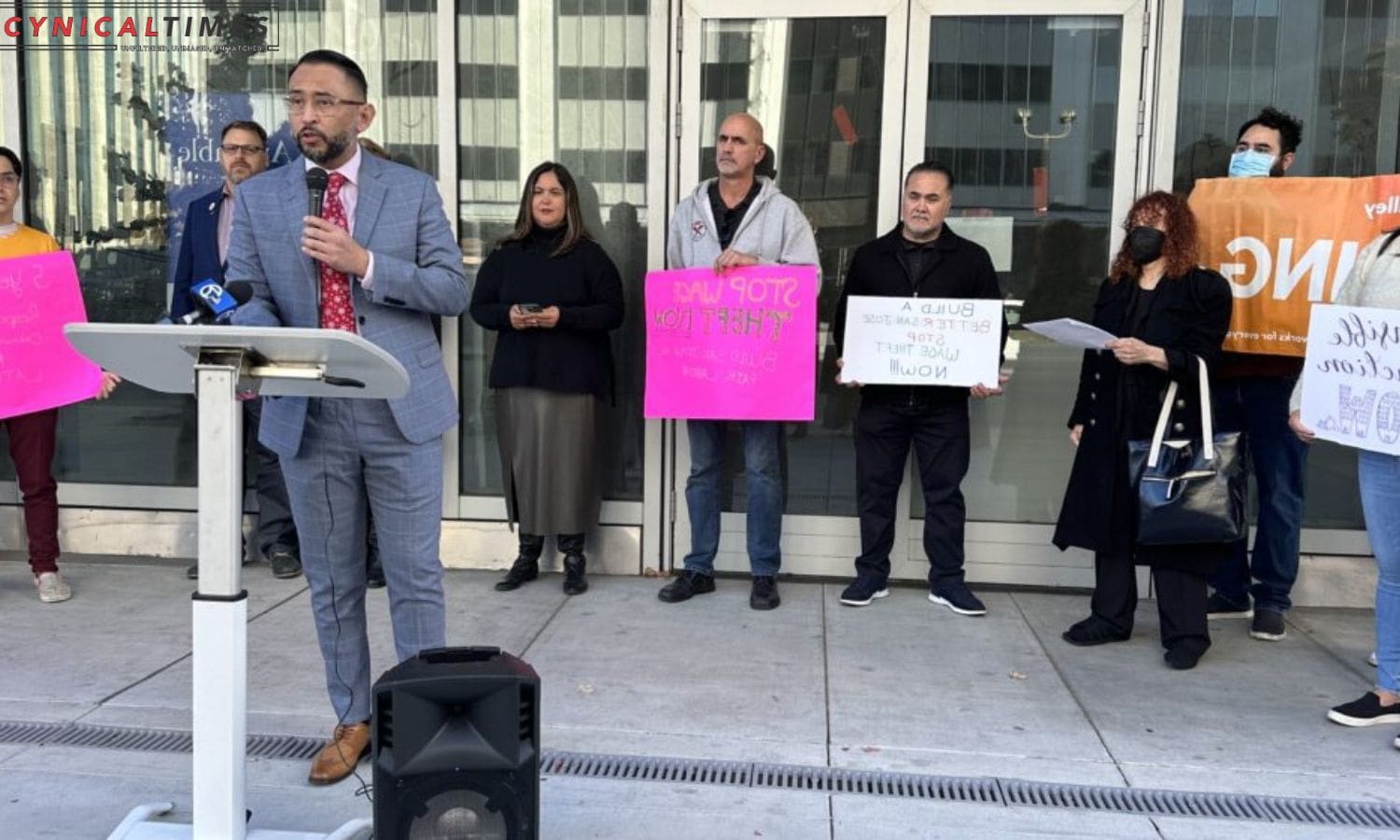San Jose Battle Against Wage Theft: In a city marked by shimmering luxury condos, the dark underbelly of labor abuse during construction has prompted San Jose to take decisive action. The proposed responsible construction ordinance threatens to withhold certificates of occupancy for private projects with unpaid wage theft judgments. The move, though years in the making, faces scrutiny and concern from developers who claim insufficient outreach.
While wage theft pervades California, Assemblymember Ash Kalra highlighted Santa Clara County’s stark reality, with over 12,000 construction workers losing $46 million. The proposed ordinance is a response to rampant wage theft issues, notably exemplified by the exploitative practices during the construction of Silvery Towers in 2018. Job Torres Hernandez, an unlicensed subcontractor, recruited workers under false promises, leading to a federal prison sentence and a $1 million payout.
The responsible construction ordinance seeks to enforce compliance with court-ordered wage payments. The complainant must prove an unpaid final wage theft judgment, allowing owners and contractors to appeal or resolve the issue before a certificate of occupancy is withheld. Councilmembers emphasize the moral imperative to address wage theft but face concerns from developers about potential costs and risks.
The lengthy process of passing this ordinance, coupled with developers’ claims of being blindsided, raises suspicions among labor-leaning councilmembers. The city started drafting the policy in April and held a roundtable meeting with industry representatives on December 7. Some developers express support for the policy’s spirit but insist on ensuring that well-intended regulations won’t have unintended consequences.
As the city grapples with the tension between protecting workers’ rights and fostering a struggling real estate development scene, the responsible construction ordinance’s fate remains uncertain. The delay in voting until January indicates the need for further dialogue and potential adjustments to strike a balance between addressing wage theft and industry concerns.
Also Read:Legal Showdown in Milpitas Former City Manager Takes on Leadership in Wrongful Termination Battle
Our Reader’s Queries
Is wage theft a felony in California?
Employers simply cannot afford to overlook this crucial legislation without facing serious consequences. In California, grand theft is classified as a felony offense. Until 2022, any violations related to wages and hours were considered misdemeanor crimes. It’s imperative that employers stay informed and compliant with these laws to avoid any legal repercussions.
What is the wage theft theory?
Wage theft is a serious issue that arises when employers fail to pay their workers in accordance with the law. This can take many forms, such as paying less than the minimum wage, denying workers overtime pay, preventing them from taking meal and rest breaks, requiring them to work off the clock, or even taking their hard-earned tips. Such practices are not only illegal but also unethical, and can have a devastating impact on the lives of workers and their families. It is important for employers to understand their legal obligations and for workers to know their rights in order to prevent wage theft from occurring.
Is Los Angeles the wage theft capital?
According to recent findings by the Los Angeles Worker Center Network, LA has earned the dubious distinction of being the wage theft capital of the United States. Shockingly, workers in the county are losing a staggering $26 million to $28 million every week due to this malpractice. Even more concerning is the fact that a whopping 80% of low-wage workers are victims of wage theft. This is a grave issue that needs to be addressed urgently to ensure that workers are paid their rightful dues.
What is the difference between wage theft and time theft?
Time theft involves receiving payment for hours that were not actually worked, while wage theft occurs when employers violate FLSA regulations and pay their workers less than they are entitled to. Both of these practices are illegal and can have serious consequences for employers who engage in them. It is important for workers to be aware of their rights and to report any instances of time or wage theft to the appropriate authorities. By doing so, they can help to ensure that they are fairly compensated for their time and labor.

